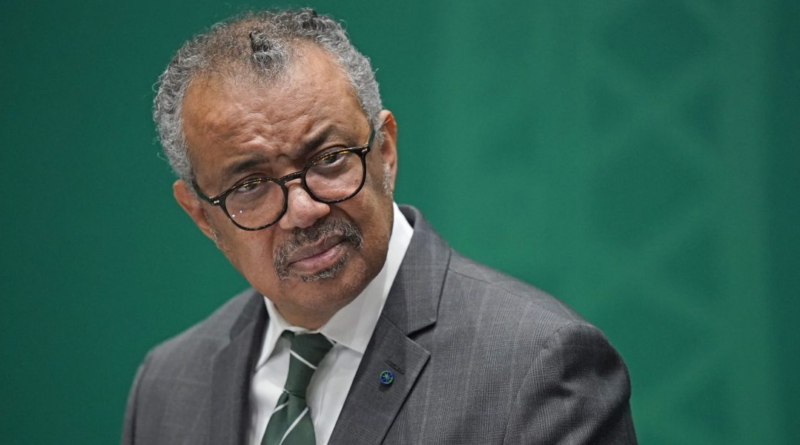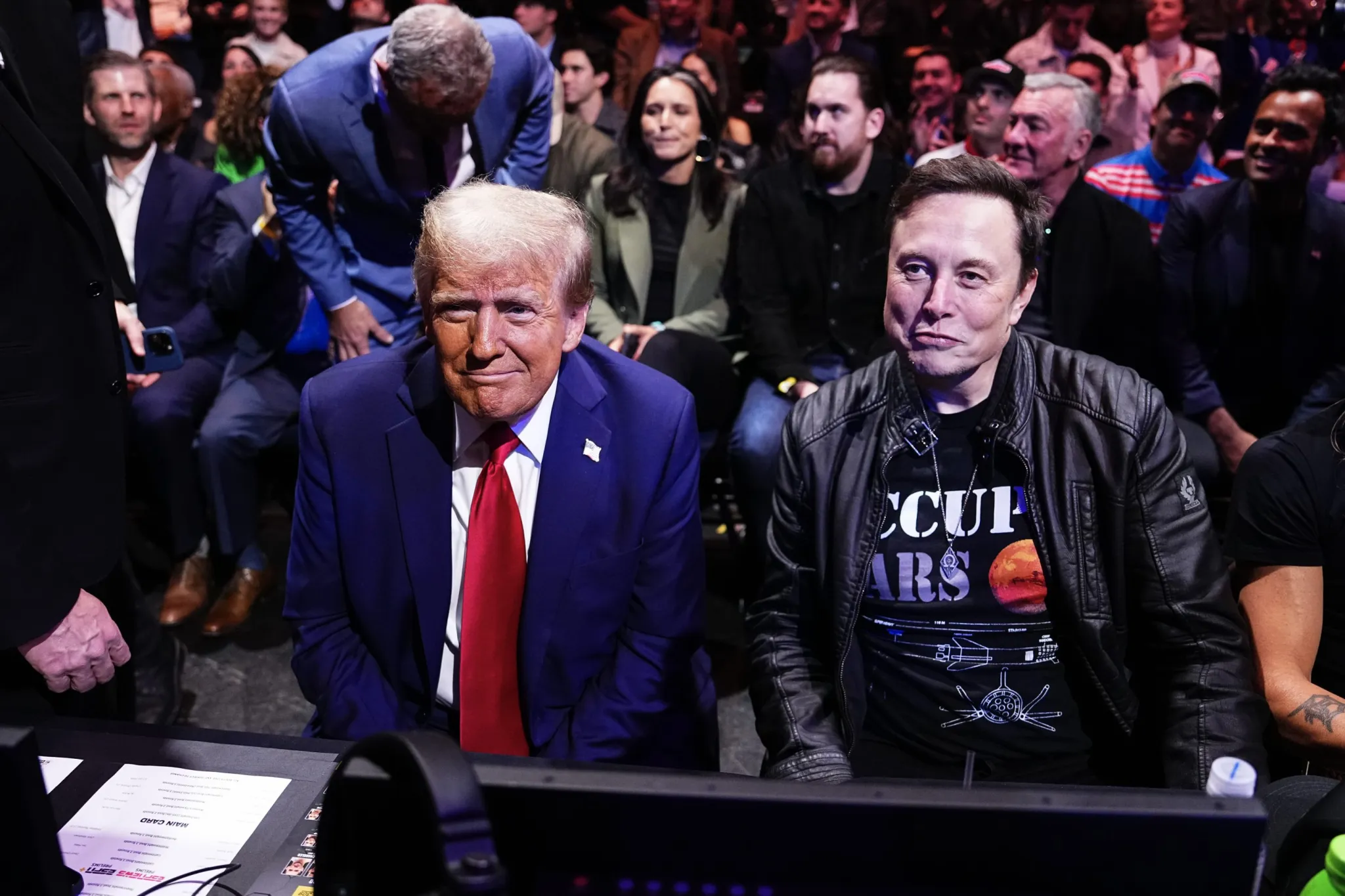WHO chief warns 'future generations may not forgive us' if pandemic treaty not agreed upon: 'There will be a next time'
Future generations may not forgive the World Health Organization’s member nations, should they fail to agree on a pandemic treaty, the organization’s chief said Saturday at the Warwick Economic Summit, calling the agreement “mission critical for humanity.”
Despite lessons that should have been learned during COVID-19, the world is unprepared for the next pandemic, be it an influenza virus, another coronavirus, or “Disease X”—a term the organization has used since 2018 to refer to a yet-unknown pandemic pathogen, Director General Tedros Adhanom Ghebreyesus said, speaking virtually from Geneva at the summit, held in Coventry, England.
Already, the world was unprepared for the COVID-19 pandemic—and because of this, “the poorest countries were left behind, waiting for scraps,” he said, regarding access to tests, therapeutics, and vaccines.
“We cannot allow the same thing to happen next time, and there will be a next time,” he warned.
WHO member states met in Geneva in 2022 and agreed to develop an international agreement on pandemic preparation and response that would become international law, “a legally binding pact between countries working together,” Ghebreyesus said.
A draft has been developed after “extensive consultations” with member states, public health experts, academic groups, and citizens, and public hearings have been held regarding it, he said. Countries have set themselves a deadline to agree on that draft, ahead of the annual World Health Assembly, to be held May 27 through June 1 in Geneva, Switzerland.
Treaty not unprecedented in scope, WHO chief says
But two major obstacles stand in the way of agreement, Ghebreyesus said. One, a group of issues that, though not insurmountable, need further negotiation. The second: “a torrent of fake news, lies, and conspiracy theories.”
Among them, he said: that the agreement is a “power grab by the WHO” and a “conspiracy” that would give the international health organization the ability to initiate lockdowns and/or vaccine mandates.
Objections to the pandemic treaty were recently fueled by online rumors regarding “Disease X” ahead of a January session on the topic at the World Economic Forum in Davos, Switzerland, which Ghebreyesus attended.
The run-of-the mill pandemic preparation session was blown out of proportion when right-wing social media accounts slammed the session, charging that world leaders were convening to discuss plans to impose vaccine mandates, restrict free speech, and even plan pandemics themselves.
Among concerned parties: former Trump-era Assistant Secretary for Public Affairs for the U.S. Treasury Department and Fox News analyst Monica Crowley, who, ahead of the January session, tweeted a baseless warning that “unelected globalists at the World Elected Forum will hold a panel on a future pandemic 20x deadlier than COVID.”
“Just in time for the election, a new contagion to allow them to implement a new WHO treaty, lock down again, restrict free speech and destroy more freedoms,” she wrote. “Sound far-fetched? So did what happened in 2020.”
Such claims are “completely false,” Ghebreyesus said Saturday. “We don’t have the power to do that. We don’t want it. We’re not trying to get it.”
What’s more, nations who sign onto the agreement would be able to withdraw at any time, he said, adding that the agreement would “affirm nations’ sovereignty.”
He encouraged skeptical parties to review a draft of the treaty on the organization’s website.
Similar international treaties have been formed regarding chemical, nuclear, and biological weapons, in addition to tobacco and climate change, he added.
Public health experts supportive, but not without concerns
The world needs a “robust” pandemic treaty, Dr. Georges Benjamin, executive director of the American Public Health Association, told Fortune on Saturday. He is concerned, however, that when nations finally approve such an agreement, “it will be watered down so it is meaningless.”
“Currently we have difficulty getting nations to comply with the agreements from the international health regulations,” he said. “Accountability is key here, but we will have to see.”
The legally binding treaty would need to have “teeth,” he added, “but they rarely do.”
What’s more, in the U.S., an approved treaty would need to be passed by the Senate to be binding. While the nation signed on to a WHO treaty on tobacco control adopted in 2003, it never ratified it.
Even if a treaty is agreed upon and the Biden administration agrees to it, “What will the U.S. do with it?” Benjamin asked. “We have not approved the tobacco treaty yet.”
Dr. Amesh Adalja—an infectious disease specialist and senior scholar at the Johns Hopkins Center for Health Security—told Fortune that an international treaty or similar mechanism is critical for optimal preparation and response to future pandemics.
He worries, however, that such a mechanism could be used to “undermine intellectual property rights in the name of pandemic preparedness.”
“It is intellectual property rights that facilitate the development of the tools that are the ultimate solutions to minimizing the impact of a pandemic,” he said.




